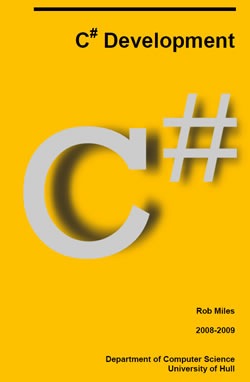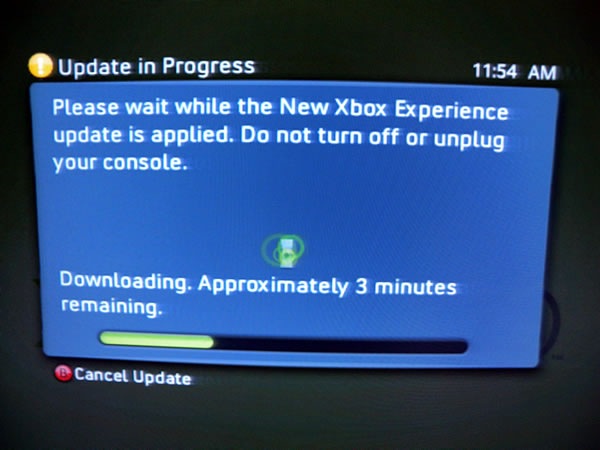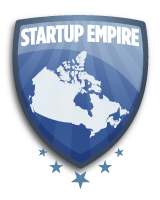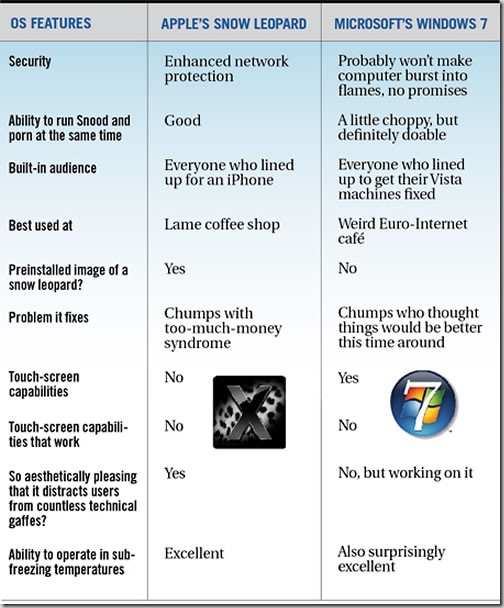
I’ll be in Calgary from Monday to Friday next week, catching up with my friend and co-worker John Bristowe (he’s Microsoft’s Developer Evangelist for Western Canada) and speaking at the Tech Days conference.
If you use (or are thinking of using) The Empire’s technologies, Tech Days is a pretty good place to get immersed. It’s a conference focused on learning about Microsoft tech on its target platforms – PC, web and phone – both current and upcoming. It’s also a chance for Microsoft developers to get together and network, and you leave the conference with a nice package of free stuff, including a full version of Visual Studio 2008 Professional Edition. (And just between you and me, if your company’s paying for it, Tech Days is also a good excuse to get a couple of paid days out of the office.)
In addition to the conference notes and reportage that you’ve come to expect from Global Nerdy and the accordion playing you’ve come to expect from me, I will be contributing in another way: I’m delivering the A Deep Dive into the ASP.NET Ajax Extensions presentation (it’s part of the web development track and taking place on Wednesday, December 10th at 1:00 p.m.. Here’s the abstract for the presentation:
The ASP.NET AJAX Extensions are the server half of ASP.NET AJAX. Aside from adding controls such as ScriptManager and UpdatePanel to the platform, they extend the ASMX model to support client-side callbacks and JSON serialization. In this session, we’ll explore ASP.NET AJAX on the server – both inside and out – in order to provide you with the knowledge you will need to exploit it to its fullest.
(If I had more time, I think I’d write my own abstract.)
I looked at the time slot I was given and went “uh-oh”. It’s one p.m., right after lunch, which is what people used to call the sexta hora in Latin. That means “sixth hour” and refers to the sixth hour of being awake, which is when people start to get a little bit sleepy. That’s where the word siesta comes from – it’s a bastardization of sexta hora. I’m going to have to make sure that I keep things interesting – I welcome that challenge.
See you in Calgary!


 Soon – probably in December – in addition to pointing you to interesting tech news articles and bits of geek culture, I will also be returning to writing development articles. And yes, that includes the long-on-hiatus
Soon – probably in December – in addition to pointing you to interesting tech news articles and bits of geek culture, I will also be returning to writing development articles. And yes, that includes the long-on-hiatus 



